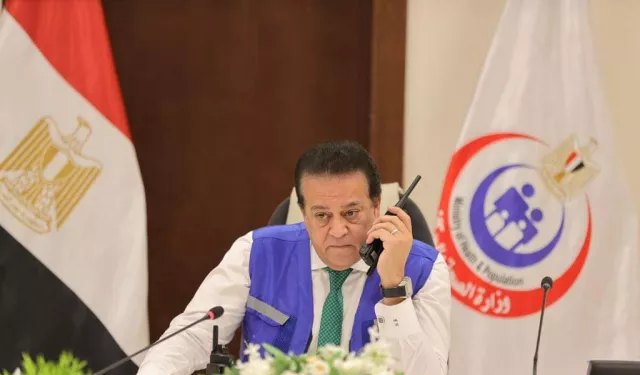Egypt plans to offer more than 40 public hospitals across the country to local and international private investors for management and operation, a government source told Al Manassa.
The move comes in light of a new law aimed at expanding private sector involvement in the country’s public healthcare system.
Despite objections from the Medical Syndicate and several professional and rights organizations, President Abdel Fattah El-Sisi ratified Law No. 87 of 2024 on June 24, granting concessions to manage, operate, and develop public health facilities.
The law allows both Egyptian and foreign investors—individuals or companies—to take over hospital operations without transferring ownership, for periods between three and 15 years.
“These facilities will not be sold,” the source said. “The plan is to grant operational management while retaining public ownership.”
This includes the right to retain or dismiss existing workers, subject to compensation under labor laws.
“The goal is to reduce public spending on health while increasing efficiency,” the official added. “Private management is expected to optimize use of state resources.”
At least 25% of hospital employees must be retained if they consent, and their pay and benefits must remain intact, according to the law. The rest of the workforce may be let go under approved restructuring plans.
The plan covers existing hospitals in various provinces, as well as 15 new hospitals nearing completion in cities such as Hadayek October, New Beni Suef, 10th of Ramadan, and the New Administrative Capital.
Private operators will be required to allocate a portion of services to patients covered by state-funded or national health insurance programs, at the prices set by the government.
Talks are underway with local, regional, and international investors to manage the hospitals. “Selection will prioritize those best able to meet state goals of improved care and lower costs,” the source said.
A year ago, the official spokesman for the Ministry of Health and Population Hossam Abdel Ghaffar announced that new legislation would allow the private sector to manage and develop over 500 of Egypt's underutilized 'integrated hospitals' nationwide.
These facilities were originally designed to bridge the gap between primary care and specialized treatment by providing basic services in less crowded locations.
Prime Minister Mostafa Madbouly defended the policy in April, noting that many public hospitals suffer from outdated infrastructure. He emphasized that the government would not sell or privatize hospitals outright, but would instead seek external expertise to improve services.
Details of such partnerships began to emerge earlier this year. In February, Al Manassa published the terms of a 15-year agreement governing the operation of Gustave Roussy Hospital (former Hermel Oncology Hospital). Under the deal, the Ministry of Health will receive 3% of revenues for the first five years, rising to 5% thereafter.
The hospital's transfer raised concerns after patients reported treatment delays, being asked to purchase medications privately, and having fewer state-funded chemotherapy sessions approved.
The new management denied responsibility for prior issues, saying it only took over in early June.
The policy has already sparked courtroom battles, as critics move to challenge its legality and broader implications for public healthcare. Human rights lawyer Khaled Ali, representing six doctors including former syndicate board members Mona Mina and Rashwan Shaaban, filed a lawsuit with the Administrative Court seeking to annul the government’s decisions.
The lawsuit argues the law is unconstitutional and endangers both public health and medical professionals' job security.
Among the lawsuit's allegations is a provision that allows private partners to lay off up to 75% of hospital staff, which critics say threatens continuity of care and disrupts medical training programs in key teaching hospitals.
